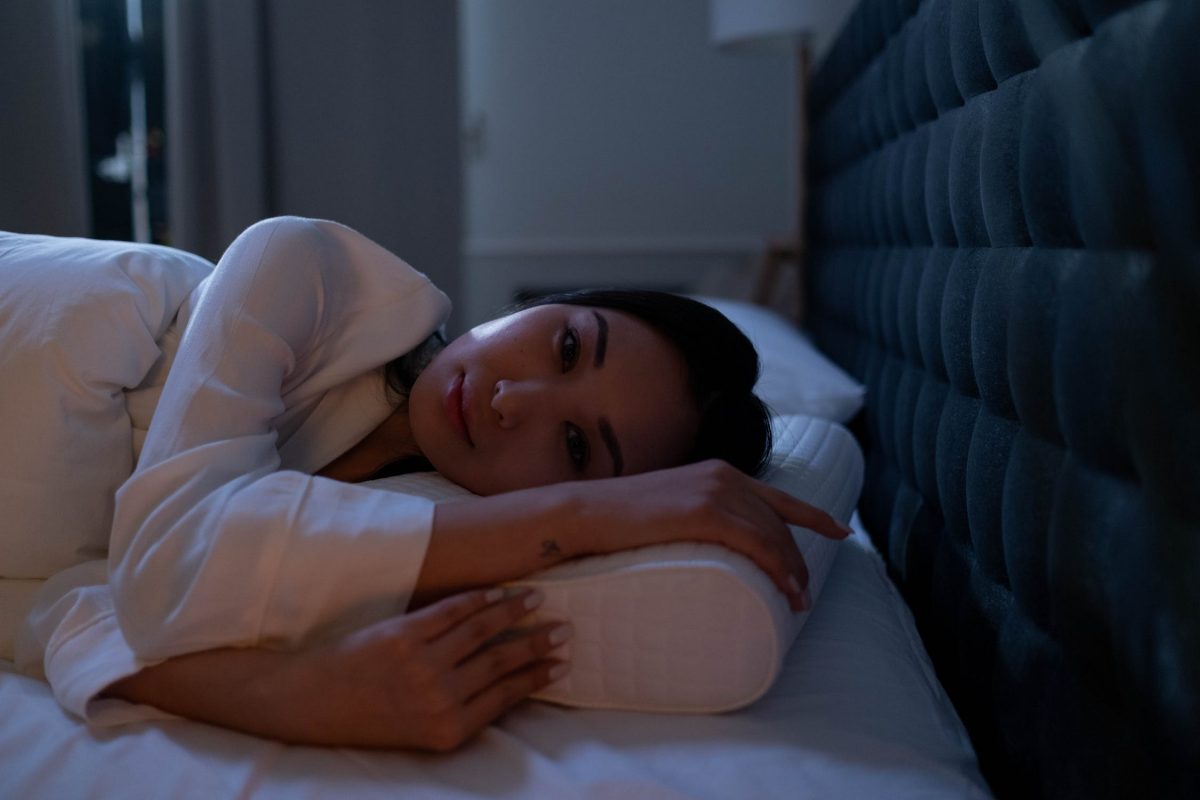Do you have trouble falling asleep at night? Do you wake up frequently throughout the night? If so, you may be suffering from insomnia. Insomnia is a condition that affects millions of people around the world, and can cause a lot of problems for those who suffer from it. Here’s a little more about the science of insomnia, what causes it, and how you might be able to solve it to get a good night’s sleep.
Insomnia is a sleep disorder that can make it hard to fall asleep. However, insomnia can also appear in other forms. For example, you might be able to get to sleep ok, but find it difficult to stay asleep for as long as you need to. Insomnia can cause you to wake up early too, or make you unable to get back to sleep whenever you happen to wake up in the night.
Scientists have found there are two types of insomnia: primary and secondary. Primary insomnia is when sleeplessness is not caused by another health condition or problem. It’s a standalone condition. Secondary insomnia, on the other hand, is due to another medical problem (like anxiety or depression), medications, or substances (like alcohol or caffeine).
What Causes Primary Insomnia?
The exact cause of primary insomnia isn’t known, but there are some factors that may contribute to it. These include stress, changes in your environment or daily routine, jet lag, and other factors.
According to scientific research, primary insomnia is most often caused by stress. When you’re stressed, your body goes into “fight or flight” mode. This is an evolutionary response that helped us survive when we were being chased by wild animals. In “fight or flight” mode, your body releases hormones like adrenaline and cortisol. These hormones make it hard to relax and fall asleep.
Although primary insomnia is not caused by a diagnosed medical issue, research shows that it may be possible to develop depression as a result of primary insomnia.
What Causes Secondary Insomnia?
There are many different things that can cause secondary insomnia. It can be caused by another health condition that may or may not have been diagnosed. This can include an overactive thyroid, anxiety disorders and depression. It can also be caused by chronic pain or hormonal changes, such as the menopause. Medication and substances such as alcohol can also have a direct impact on the ability to sleep.
How to Solve Insomnia
There are a number of things you can do to try and solve your insomnia.
Supplements are helpful to many people, and supplements that are known to help with sleep include things such as valerian root and Full Spectrum CBD Oil. It’s worth giving a supplement a try if you are consistently struggling with your sleep.
Keeping a regular sleep schedule is important for solving insomnia. This means going to bed and getting up at the same time every day, even on weekends. This may be hard to do at first, but it will help your body get into a regular sleep rhythm.
Creating a relaxing bedtime routine can also help you fall asleep and stay asleep. This can include taking a warm bath, reading a book, or doing some gentle stretching. Also avoiding screen time for a couple of hours before bed can really help. This is because the blue light from screens can interfere with your body’s natural sleep rhythm, called the circadian rhythm.
Avoiding substances such as caffeine and alcohol before bed is also important. Both of these substances can impact your ability to sleep, so it’s best to avoid them in the evening. Some people are more impacted by these substances than others. For example, some individuals find that if they stop drinking caffeine after midday, their sleep improves. Do some experimenting to see what works for you.
Getting regular exercise is another important part of solving insomnia. Exercise can help to reduce stress and improve your overall sleep quality. Scientifically speaking, this is because exercise helps to reduce levels of the stress hormone cortisol. It also helps to ensure you are physically tired enough to enjoy a full night of sleep.
There are also some herbs that can help to induce a feeling of sleepiness. These herbs include chamomile, lemon balm, and lavender. You can drink a cup of herbal tea before bed or use these herbs in an essential oil diffuser. Some people put lavender oil on a cloth next to their bed at nighttime as a gentle aid to help sleep.
If you’ve tried a lot of different things for insomnia but nothing is working, you could try something like Cognitive Behavioral Therapy for Insomnia (CBT-I). CBT-I is a type of therapy that can help you change the way you think about sleep. It can also help you change your behaviors and habits that are keeping you from sleeping.
There is no one “right” way to solve insomnia. The best way to figure out how to solve your sleeplessness is to talk to your doctor and try different things until you find something that works for you.

